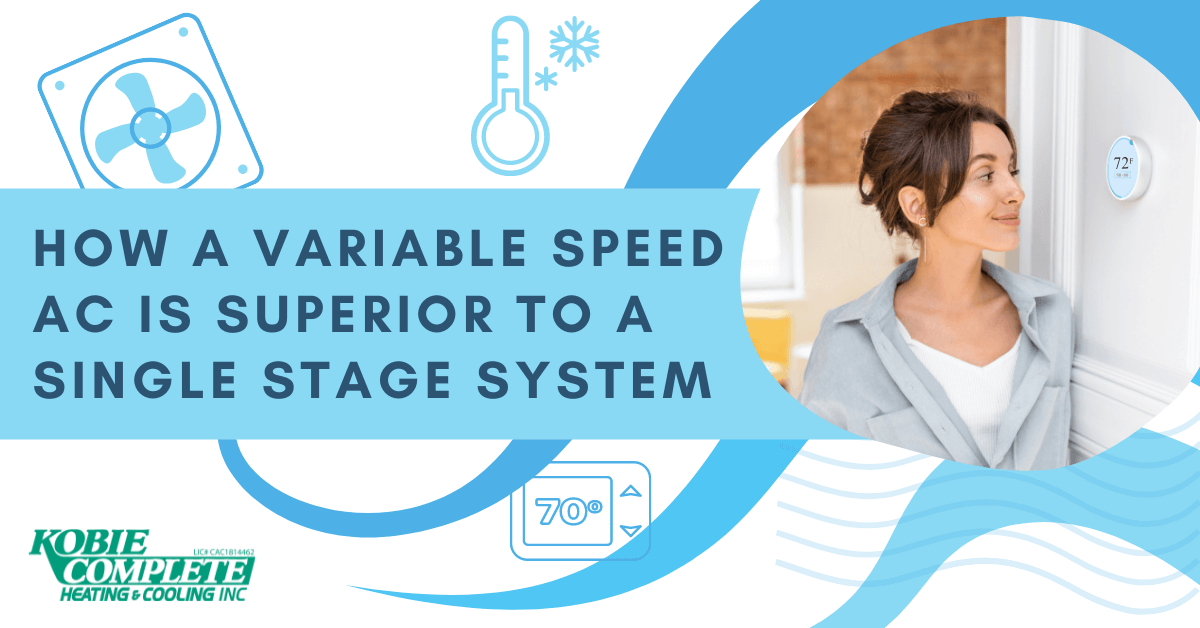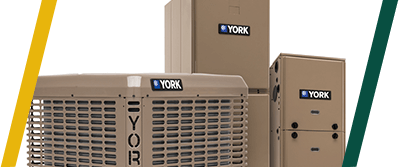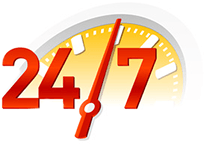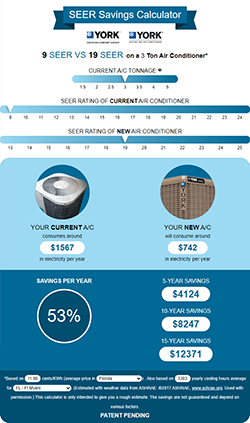
In your search for a new air conditioner, you may have encountered terms like “variable speed”, “single stage” and “two stage”. Unless you’re an HVAC pro, you’re probably not sure what to make of these terms. You may have noticed that premium systems often advertise for variable speed among their list of features. But what makes variable speed so desirable?
No doubt, these features carry importance in your AC buying decision. Choosing variable speed vs. single stage or two stage will impact your electric bill and your comfort. In this post, we’ll shed some light on what these features do. We’ll also unpack what makes a variable speed system superior to the rest.
Single Stage Air Conditioners
A single stage air conditioner is a standard AC system. It’s called “single stage” or “single speed” because the system always runs at 100% when cooling or heating. Once the temperature in your home reaches the thermostat’s set point, the unit cycles off. Then, it kicks on again at full blast when the temperature rises past the set point.
Stop-and-Go
This continuous, stop-and-go cycle gets the job done – it cools your home. But it’s not the most efficient way to go about it. Here are some reasons why:
- The constant temperature fluctuations can create hot and cold spots in your home.
- Temperature swings might tempt you to keep changing your thermostat settings.
- An air conditioner consumes the most energy when it ramps up after cycling on. So, the more often the unit cycles from off to on, the more energy it consumes.
If a single stage air conditioner cycles off and on too frequently, it might be the wrong size. It’s important to be sure your unit is the proper size (tonnage) to handle your home’s cooling load. But what if there was another way to reduce – if not eliminate – the abrupt stops and starts? This is where variable speed technology comes in.
Variable Speed Air Conditioners
Variable speed technology enables your air conditioner to control the temperature in your home more precisely than a single stage system. Instead of running at 100%, the system can run at whatever speed is necessary to achieve the temperature you set on your thermostat. After reaching the set point, the AC runs almost constantly at a low speed. This fine-tuning process keeps the temperature in your home consistent, so you stay more comfortable. As a result, a variable speed air conditioner, like the YORK Affinity Series YXV, consumes less energy – up to 75% less than a single stage system2.
A Smooth Ride
To better understand single stage vs. variable speed, imagine that you’re driving your car. Your GPS presents you with two possible routes to your destination. One route leads you through a busy city at rush hour, with several traffic lights ordering frequent stops and starts. The other route is mostly highway with no traffic jams in sight, promising smooth sailing. Which route is easier on your vehicle (and your nerves)?
This is a simple illustration of how variable speed works. By eliminating the continuous stops and starts (like traffic lights) of single stage systems, variable speed technology maintains your temperature setting with more precision and less energy output (like cruising on the highway).
Components of a Variable Speed AC System
We’ll only briefly touch on this point. But it’s worth noting that there are two components to a variable speed air conditioning system. All split central air conditioners have two main parts. The condenser, located outside the home, and the air handler, located inside (usually in the garage, attic or an indoor storage area). The compressor and the air handler can each be equipped with a single stage or a variable speed component.
You could buy an air conditioning system with only one variable speed component. Say, a variable speed blower motor in the air handler and a single stage compressor in the condensing unit. This would improve energy efficiency to a degree. But to reap the full benefits of variable speed technology, you need both components.
More Benefits of Variable Speed Technology
A variable speed system can help you save money on electricity and stay more comfortable. But there are even more reasons to love variable speed technology:
- Improved Air Filtration: A variable speed system runs longer than a single stage system. That means it moves more air through your regular AC filter, or a filtration system like the REME HALO, if present. Thus, the filter can capture more airborne allergens like dander, dust, and so forth. (Note: A single stage air conditioner can also run continuously if you set the fan to “ON” rather than “AUTO”, as discussed in this blog post. The downside: it runs at high speed, using more energy.)
- Better Humidity Control: Your air conditioner dehumidifies the air when it runs. The longer the run time, the more moisture it can remove from your home.
- Quieter Operation: Running at a lower speed means your AC is less noisy. No more rude awakenings by the compressor kicking on and the vents blasting cold air.
Two Stage Air Conditioners
Two stage systems are “in-between” models, equipped with a low setting and a high setting. This offers some degree of added temperature control. For example, the unit will only run at high speed when necessary, for instance on a hot day. The low-speed setting could be sufficient for milder weather. The second speed setting reduces the temperature swings that occur with a single stage system. Two stage systems also use less electricity because they do not need to run at full speed as often. Although, they don’t reach the advanced level of control offered by variable speed.
Multi-Speed Systems
Some models are also available with more than two speed settings. While these are not as precise as a full variable speed system, they are still more efficient than single stage air conditioners.
Single Stage, Two Stage, or Variable Speed: Which is Right for You?
Variable speed technology is the clear winner when it comes to improving comfort, energy efficiency, air filtration, humidity control and noise level. Yet, a variable speed air conditioner will cost you more up-front than a single stage or two stage system. Long-term energy savings, combined with rebates and financing options, can help make a variable speed system more affordable. But it all comes down to your budget and comfort priorities. There may be some cases when a variable speed system is not a good fit for your home. We recommend consulting with an HVAC professional to help you choose the AC system that will best serve your needs.
Get a Free Quote on a New Air Conditioner
We’re here to help you decide on the best option for your home. Kobie Complete’s service area expands from Sarasota to Punta Gorda. Do you live in Sarasota or Charlotte County? Fill out the form below or call us at (941) 474-3691 to get a free, no-obligation quote on a new air conditioner installation.
Sources:
“What is Variable Speed HVAC Technology?”, Goodman Air Conditioning and Heating, https://www.goodmanmfg.com/resources/hvac-learning-center/hvac-101/what-is-variable-speed-technology/. Accessed September 29, 2021.
“Variable-Speed, Low-Cost Motor for Residential HVAC Systems”, U.S. Department of Energy, https://www.energy.gov/eere/amo/variable-speed-low-cost-motor-residential-hvac-systems/. Accessed September 29, 2021.
Based on a blog post titled “Single-Stage, Two-Stage or Variable Speed?”, originally published on September 14, 2015.
Last Updated: October 4, 2021










